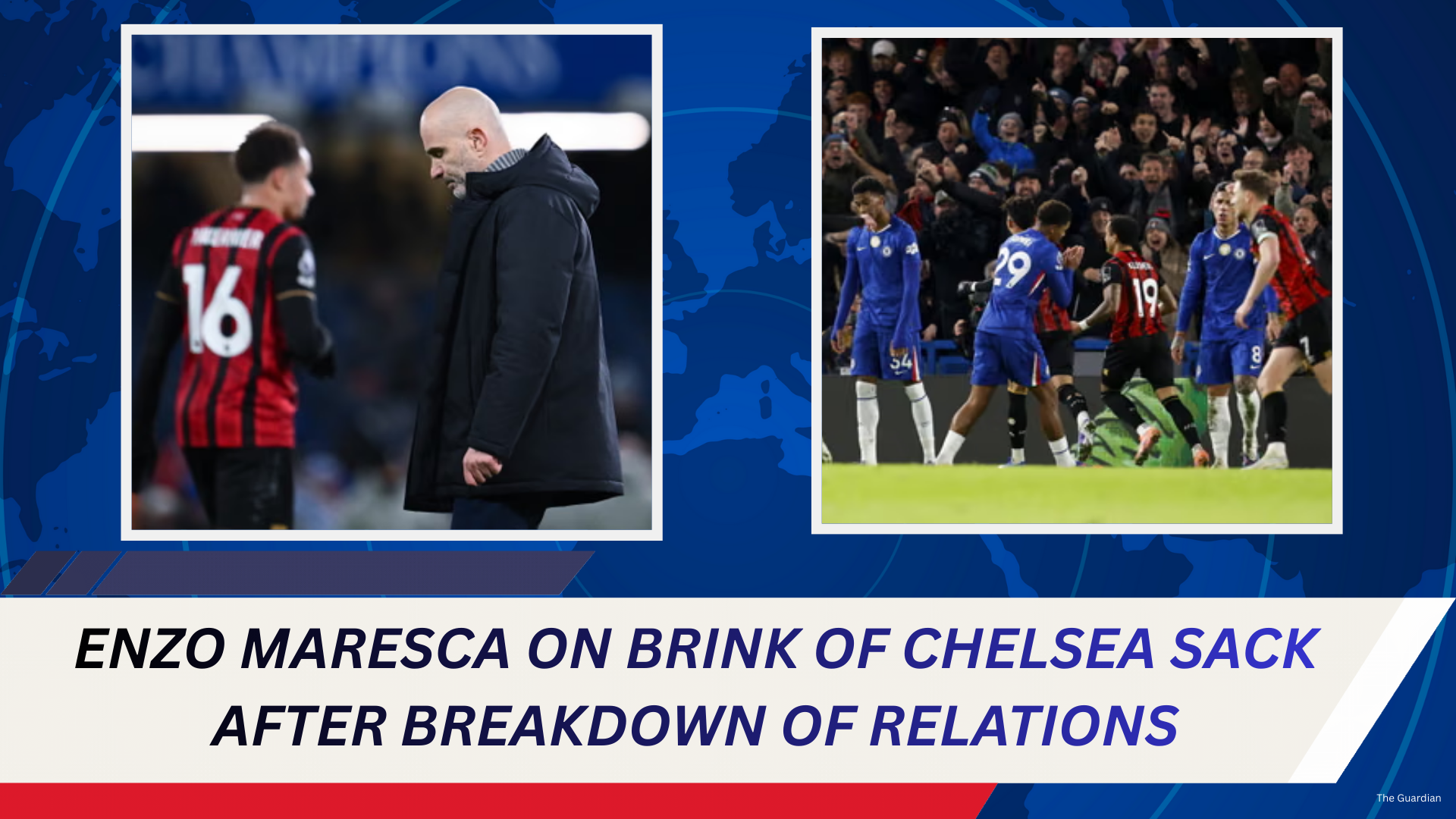The term ‘Golden Generation’ has long been associated with a group of England footballers whose talent promised unprecedented success but delivered far less. Comprising household names like Steven Gerrard, David Beckham, Frank Lampard, Paul Scholes, Wayne Rooney, and Michael Owen, this cohort reached the quarter-finals in three successive major tournaments between 2002 and 2006. Yet, they never progressed further, failing to qualify for Euro 2008 and bowing out of the 2010 World Cup in the last 16 to Germany.
For years, pundits, fans, and even the players themselves have pondered why this group—arguably one of the most talented England squads ever—didn’t achieve the glory their potential suggested. Was it tactical shortcomings, managerial missteps, or simply superior opponents? Former captain Steven Gerrard recently described them bluntly as “egotistical losers,” shedding light on internal issues that may have undermined the team’s cohesion.
Club Cliques and Internal Rivalries
One factor frequently cited is the lack of genuine connection among players. England’s ‘Golden Generation’ hailed from clubs with fierce rivalries in the Premier League—Manchester United, Chelsea, Liverpool, and Arsenal. The intensity of domestic competition, some argue, created barriers to unity at the international level.
Speaking on the Rio Ferdinand Presents podcast, 45-year-old Gerrard reflected on the challenges of translating club rivalries into international teamwork. He said:
“I think we were all egotistical losers. Why didn't we connect when we were 20, 21, 22, 23? Was it ego? Was it rivalry? It was down to the culture within England. We weren't friendly or connected. We weren't a team. We never at any stage became a really good, strong team.”
Frank Lampard echoed a similar sentiment, noting that players’ competitive instincts for their clubs often hindered camaraderie with teammates from rival squads.
“You feel so passionately about the club you play for with your team-mates, your own performances, that to be a bit pally with someone you're competitive with... it may have [held back England],” Lampard said.
“We didn't hate each other but by nature we would sit on different tables.”
Yet, this issue of cliques is not unique to England. Italy’s 2006 World Cup winners and Spain’s dominant side from 2008 to 2012 also comprised players from rival clubs. The success of these nations suggests that while internal divisions may have contributed, England’s challenges ran deeper. As Rio Ferdinand explained, multiple variables—ranging from tactics to squad selection—affected the team’s performance.
Tactical Limitations
Another recurring theme is the tactical rigidity imposed by successive managers. Sven-Göran Eriksson, followed by Steve McClaren and Fabio Capello, often deployed a traditional 4-4-2 formation with Beckham anchored on the right. This setup frequently constrained creative options in midfield. Gerrard and Lampard, both central midfielders, struggled to function effectively together, while Paul Scholes, considered by Eriksson to be “his most talented player,” was shifted to the left.
Many believe a more flexible approach could have unlocked the squad’s full potential. Steven Gerrard has suggested that England could have benefited from finding a system to deploy him, Lampard, and Scholes together centrally, while Gary Neville proposed a 3-5-2 formation to create greater tactical balance.
Nevertheless, tactical debates often overlook the quality of the opposition. England’s Golden Generation faced some of the most formidable international sides of their era. In 2002, they were eliminated from the World Cup by Brazil, featuring Ronaldinho, Ronaldo, Rivaldo, Cafu, Roberto Carlos, and Lucio. France, with Zinedine Zidane, Patrick Vieira, Thierry Henry, Lilian Thuram, and Robert Pires, and Spain, with Andres Iniesta, Xavi, David Villa, and Sergio Ramos, fielded similarly star-studded squads.
Former goalkeeper David James highlighted this perspective, arguing that the team’s failures were not simply down to egos or tactical missteps.
“The elephant in the room is that, in those tournaments, there were other teams who were simply better than us. They can stop you from being your best and you can lose. If you want to blame egotistical players, you're probably missing the real issue—it’s that sometimes, other teams are simply better.”
The Talent That Wasn’t Enough
Despite their failures, the individual talent within the Golden Generation was undeniable. England boasted defensive stalwarts like Gary Neville, Rio Ferdinand, Sol Campbell, John Terry, and Ashley Cole—players that any top European manager would envy. Up front, Wayne Rooney and Michael Owen provided pace, skill, and goal-scoring ability, while midfielders Lampard, Gerrard, and Scholes were among the most accomplished in the world.
Yet, having world-class talent is only one component of international success. Cohesion, tactical clarity, and psychological unity often determine whether a team can convert potential into trophies. Gerrard’s candid reflections on egos and internal rivalries illustrate how interpersonal dynamics can affect performance as much as technical ability.
Conclusion
England’s Golden Generation offers a cautionary tale of potential unfulfilled. While tactical rigidity, managerial decisions, and the strength of opponents played a role, the lack of connection among players—combined with strong egos and fierce club rivalries—may have been the decisive factor. Their story is not simply one of failure but of what might have been, a reminder that talent alone does not guarantee success.
Ultimately, the lessons from this era continue to resonate with current and future England squads: unity, adaptability, and mental resilience are as critical as skill on the pitch. As Gerrard noted, a team that fails to truly connect will struggle to achieve greatness, no matter how golden the generation.
%20(4).png)



.png)
.png)

.png)
.png)
